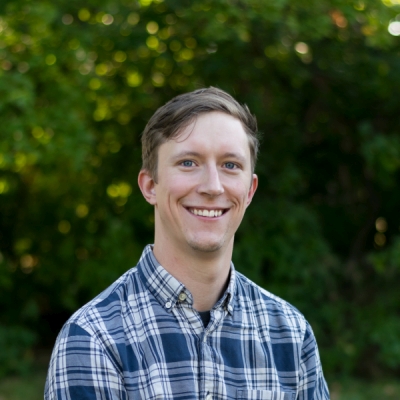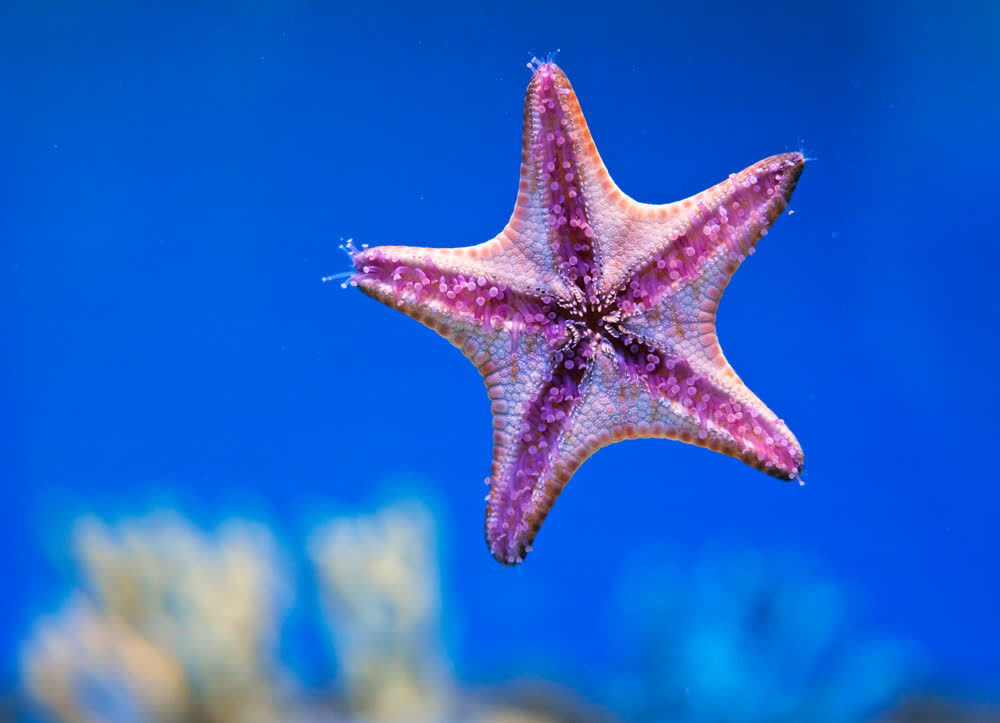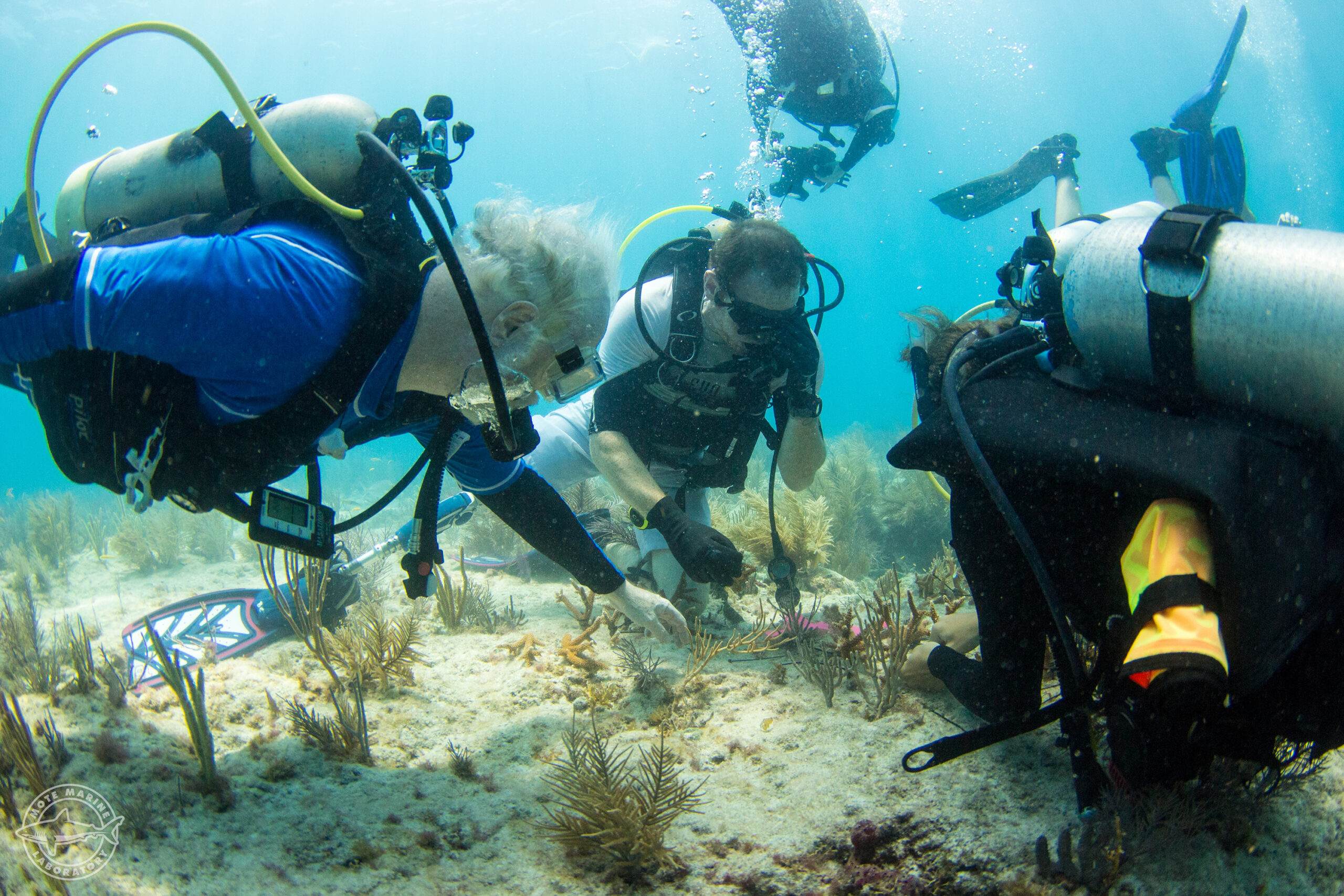Plenary Speaker (2019)
Dr. David Eggleston
North Carolina State University
 Dr. David Eggleston is an Alumni Distinguished Professor at NC State University, and also serves as Director of NC State’s marine laboratory, the Center for Marine Sciences and Technology (CMAST), located in Morehead City, North Carolina. He leads the Marine Ecology and Conservation program at NC State University, which emphasizes testing and refining general ecological theory and concepts in marine systems with the goal that answers will: (1) make important contributions to our understanding of ecological patterns and processes in marine ecosystems, and (2) be applied to sustainable management of natural resources and coastal communities. Research topics span fisheries ecology, habitat restoration, conservation biology, deep sea biology, detecting ecological impacts, behavioral ecology, population dynamics and modeling, and marine science education. Eggleston serves on the advisory boards of state, national and international coastal and marine science organizations. He has been recognized for excellence in research by the National Science Foundation via an Early Career Award, excellence in outreach via an Outstanding Extension Service Award by NC State University, and is a member of the NC Academy of Outstanding Teachers. He loves scuba-diving, boating, fishing, and playing drums in local bands.
Dr. David Eggleston is an Alumni Distinguished Professor at NC State University, and also serves as Director of NC State’s marine laboratory, the Center for Marine Sciences and Technology (CMAST), located in Morehead City, North Carolina. He leads the Marine Ecology and Conservation program at NC State University, which emphasizes testing and refining general ecological theory and concepts in marine systems with the goal that answers will: (1) make important contributions to our understanding of ecological patterns and processes in marine ecosystems, and (2) be applied to sustainable management of natural resources and coastal communities. Research topics span fisheries ecology, habitat restoration, conservation biology, deep sea biology, detecting ecological impacts, behavioral ecology, population dynamics and modeling, and marine science education. Eggleston serves on the advisory boards of state, national and international coastal and marine science organizations. He has been recognized for excellence in research by the National Science Foundation via an Early Career Award, excellence in outreach via an Outstanding Extension Service Award by NC State University, and is a member of the NC Academy of Outstanding Teachers. He loves scuba-diving, boating, fishing, and playing drums in local bands.

2019 Keynote Speakers
Dr. Cisco Werner
NOAA Fisheries
Dr. Francisco (Cisco) Werner is the Director of Scientific Programs and Chief Science Advisor for NOAA Fisheries, leading NOAA Fisheries’ efforts to provide the science needed to support sustainable fisheries and ecosystems. Cisco supervises the planning, development, and management of a multidisciplinary scientific enterprise of basic and applied research. He oversees NOAA’s six regional Fisheries Science Centers, including 24 labs and field stations, and the Office of Science and Technology, and previously served as the Science and Research Director for NOAA’s Southwest Fisheries Science Center from 2011 to 2016.
Professor Neil Loneragan
 Professor of Marine Ecology and Conservation, Environmental and Conservation Sciences, Murdoch University, Western Australia
Professor of Marine Ecology and Conservation, Environmental and Conservation Sciences, Murdoch University, Western Australia
Adjunct Professor, IPB University, Indonesia
Neil Loneragan was the inaugural Chair of Fisheries Science at Murdoch University, Director of the Centre for Fish and Fisheries Research (2005-12) and also Leader of the Environmental and Conservation Sciences (2012-15). Prior to this, his research with CSIRO investigated the linkages between coastal habitats, fisheries production (particularly penaeid prawns) and biodiversity and stock enhancement across northern Australia. Currently, he is researching interactions of fisheries with species of conservation significance, stock enhancement and data-limited fisheries in south-western Australia and Indonesia. He supervises research students in the areas of fisheries ecology, trophic ecology of estuarine and marine systems and fisheries assessment and teaches undergraduates in Ecology, Marine and Estuarine Biology and Fish and Wildlife populations. He has published extensively (~140 papers, Google Scholar H = 45; Scopus H = 41), been an invited member of Scientific Panels for International Research Programs, has co-convened three international conferences, including the 4th International Symposium of Stock Enhancement and Sea Ranching (Shanghai, 2011) and chairs the Board of Murdoch’s Asia Research Centre.
Dr. Tian Tao
Liaoning Center for Marine Ranching Engineering and Science Research, Dalian P.R.C.
Dr. Tian Tao served as Chief Scientific Research Officer of the Liaoning Center for Marine Ranching Engineering and Science Research (Dalian, Peoples Republic of China [P.R.C.]) and in this capacity has provided technical service and consultation for marine ranching design and construction of many companies. In this role he has made significant contributions to the development of marine ranching around Liaoning Province and coastal China. Dr. Tao has also been the principal researcher in several national research projects, and formed the concept of Chinese modern marine ranching and the technical systems that support it. He is a designated expert on the construction and management of marine ranching in the Ministry of Agriculture and Rural Areas, P.R.C, and the Secretary General of the Marine Ranching Sub-society of Chinese Society of Fisheries.
 Dr. Ed Camp
Dr. Ed Camp
Program of Fisheries and Aquatic Sciences, University of Florida
Dr. Ed Camp is an applied, interdisciplinary and quantitative scientist who works to promote more desirable outcomes of fisheries and aquatic systems. His extension and research focuses on the interconnected ecological, socioeconomic and governance dynamics that influence value, market activity, ecosystem function and ultimately stakeholder quality of life. Topically this work ranges from recreational fisheries to production scale aquaculture and in scope from local to international. He is especially interested in cooperating with management agencies and other stakeholders to develop novel, spatially explicit approaches for governing fish resources, as well as working across disciplines to develop the quantitative tools needed to better evaluate actions affecting fisheries and aquaculture systems.
 Dr. Erinn M., Muller
Dr. Erinn M., Muller
Science Director of the Elizabeth Moore International Center for Coral Reef Research and Restoration
Mote Marine Laboratory
Dr. Muller received her undergraduate degree in 2003, her Master of Science degree in 2007, and her Ph.D. in 2011 from Florida Institute of Technology. She has worked for the US Geological Survey, the National Park Service, taught High School Science in Brevard Public Schools and helped co-create a research-based after school program for high school students in the Florida Keys and US Virgin Islands. Dr. Muller received the prestigious Mote Marine Laboratory Postdoctoral Fellowship from 2012 to 2014. She became a Staff Scientist in 2015 and the Coral Health and Disease Program Manager at Mote Marine Laboratory in Sarasota, FL in 2016. She is now the Science Director of Mote Marine Laboratory’s Elizabeth Moore International Center for Coral Reef Research and Restoration.
Dr. Muller has studied coral health and disease for the last 15 years in many places throughout the world including the US Virgin Islands, Puerto Rico, the FL Keys, and as far away as Indonesia and Saudi Arabia. She has published 23 peer-reviewed publications on the subject of coral health and disease and two book chapters. Dr. Muller’s research is funded by the National Science Foundation, the National Park Service, NOAA’s Coral Reef Conservation Program, Florida Fish and Wildlife Conservation Commission, and through philanthropy. She received the prestigious Young Scientist of the Year Award from the International Society for Reef Studies in 2015; only one recipient is recognized worldwide each year. Dr. Muller recently received the prestigious Presidential Early Career Awards for Scientists and Engineers (PECASE). This award is the highest honor bestowed by the U.S. government to outstanding scientists and engineers who are beginning their independent research careers and show exceptional promise for leadership in science and technology.
 Dr. Tom McCowan (joint keynote with Jeremy Cooper)
Dr. Tom McCowan (joint keynote with Jeremy Cooper)
Dr. McCowan’s first experience working in abalone (paua) fisheries was in 2008 when he started his PhD research in genetics, where he investigated the utility of genetic markers as a means of tracing survival rates in reseeded paua in the Marlborough Sounds in New Zealand. Since 2012 he has been the Science Officer for the Paua Industry Council. His role involves managing the collection of fisheries data for stock assessment and industry management, and running industry-based enhancement projects. He also runs harvester education and training courses. Most recently, he has been managing the project monitoring paua stocks following the Kaikoura Earthquake in 2016.
Jeremy Cooper
Jeremy is a former paua diver and quota owner and has been the CEO of the Paua Industry Council for the last 15 years. During his time at the helm the industry has been transformed from a disparate and uncooperative bunch of divers to one of the NZ fishing industry’s most effective commercial stakeholder organizations. With its “hands on – can do” attitude the industry punches way above its weight allowing it to achieved some noteworthy successes, despite the tough political playing field in New Zealand these days for fisheries.
Joacim Näslund 
Joacim Näslund is a researcher and lecturer in ethology at Stockholm University, Sweden. His main research area is environmental biology of fishes, focusing on how e.g. food availability, structural complexity, and density affect performance in growth and survival, brain size development, and behavior. Working from an integrative perspective, the research has been conducted in a wide range of environments, from natural habitats and mesocosms to aquaria and aquaculture. Previous experience includes involvement in the multi-national salmon stocking project SMOLTPRO, led by the late Prof. Jörgen Johnsson (Dr. Näslund’s former PhD supervisor), which aimed at producing wild-like salmon smolts in hatchery environments. Notable publications include several articles on how environmental enrichment and density reduction can affect in-tank welfare and post-stocking performance of Atlantic salmon, and two well-cited reviews on environmental enrichment for fish in captivity.
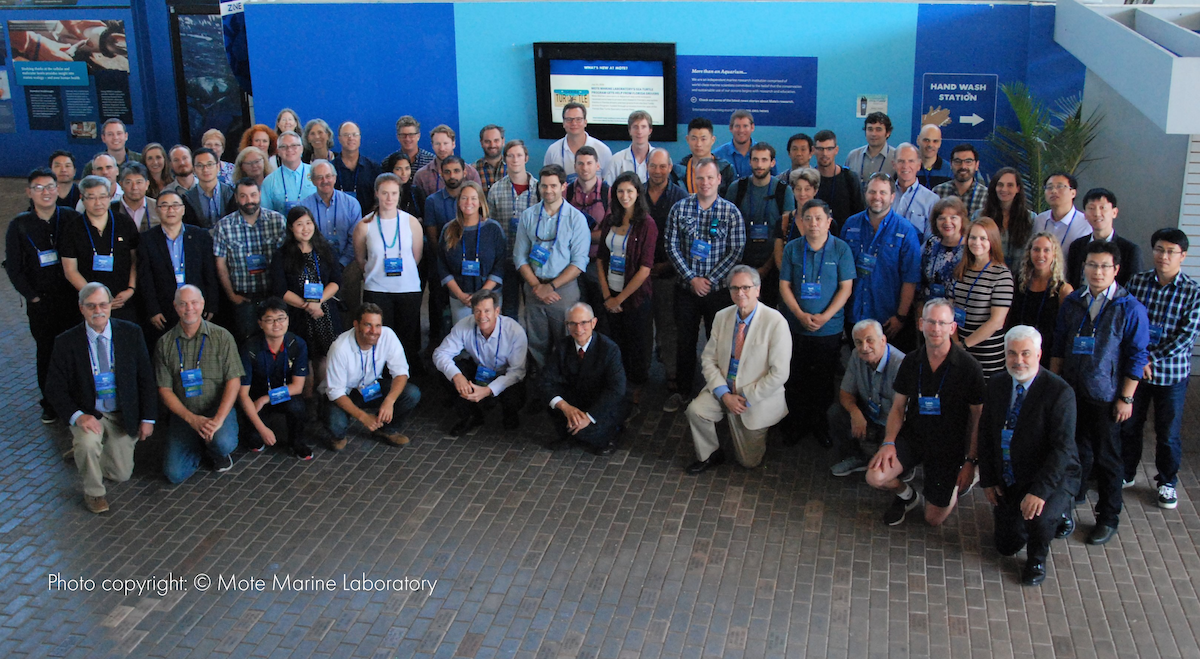 The symposium took place November 10-14, 2019, at Mote Marine Laboratory, Sarasota, Florida. Sincere thanks to all those who participated.
The symposium took place November 10-14, 2019, at Mote Marine Laboratory, Sarasota, Florida. Sincere thanks to all those who participated.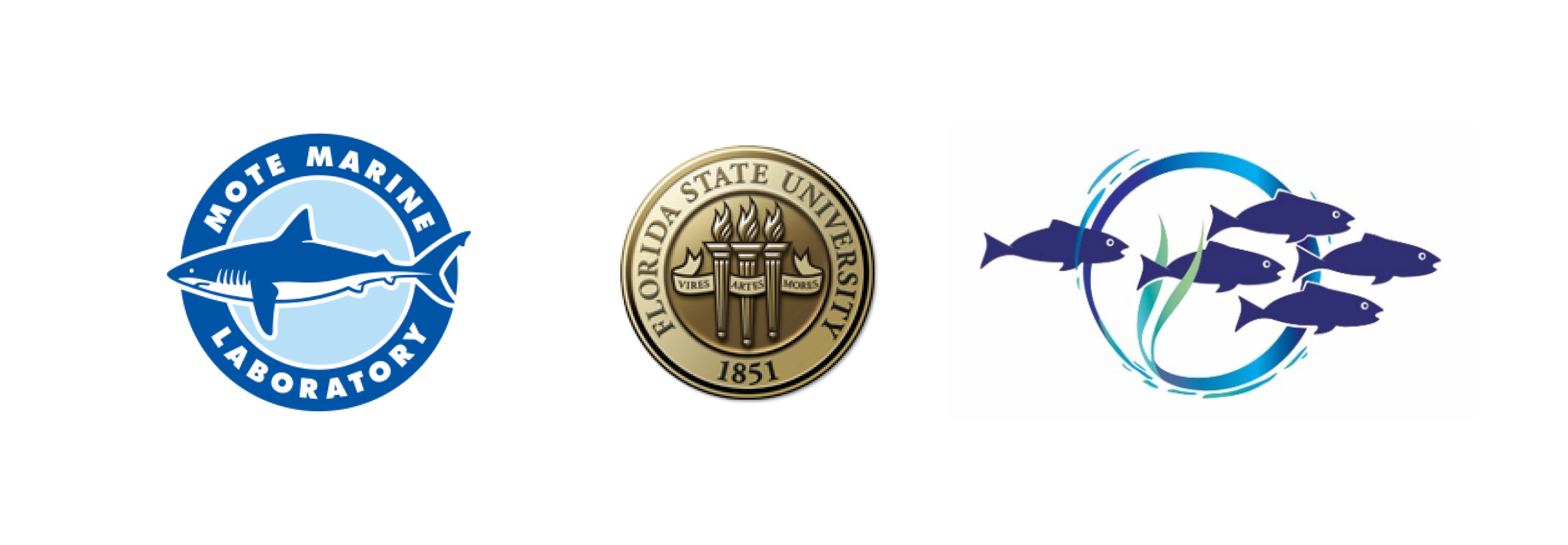
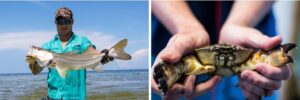

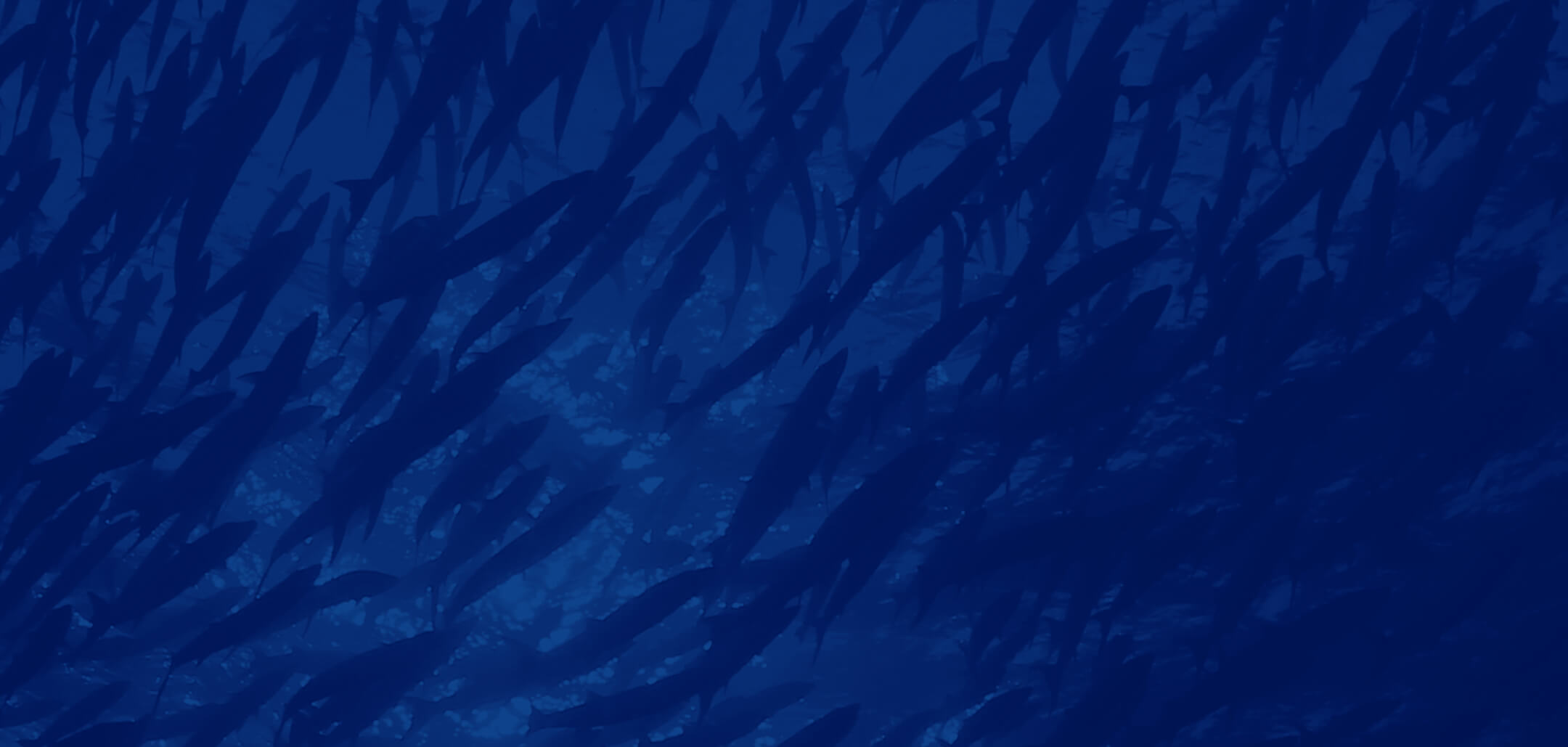
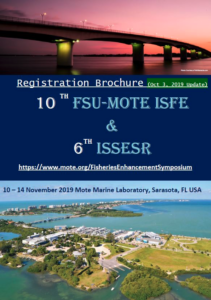
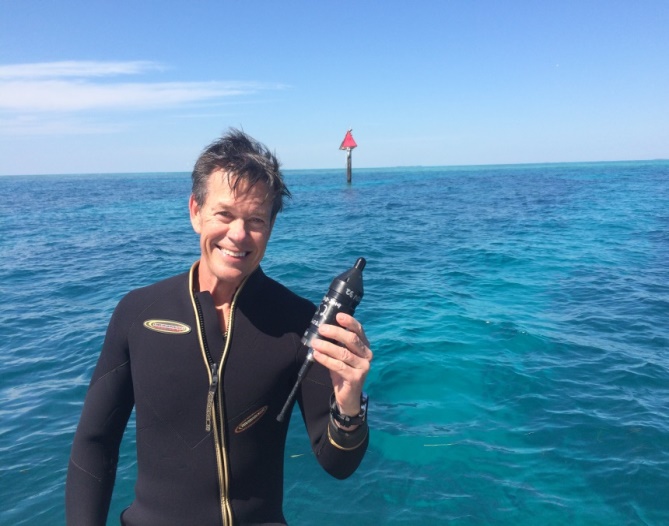 Dr. David Eggleston is an Alumni Distinguished Professor at NC State University, and also serves as Director of NC State’s marine laboratory, the Center for Marine Sciences and Technology (CMAST), located in Morehead City, North Carolina. He leads the Marine Ecology and Conservation program at NC State University, which emphasizes testing and refining general ecological theory and concepts in marine systems with the goal that answers will: (1) make important contributions to our understanding of ecological patterns and processes in marine ecosystems, and (2) be applied to sustainable management of natural resources and coastal communities. Research topics span fisheries ecology, habitat restoration, conservation biology, deep sea biology, detecting ecological impacts, behavioral ecology, population dynamics and modeling, and marine science education. Eggleston serves on the advisory boards of state, national and international coastal and marine science organizations. He has been recognized for excellence in research by the National Science Foundation via an Early Career Award, excellence in outreach via an Outstanding Extension Service Award by NC State University, and is a member of the NC Academy of Outstanding Teachers. He loves scuba-diving, boating, fishing, and playing drums in local bands.
Dr. David Eggleston is an Alumni Distinguished Professor at NC State University, and also serves as Director of NC State’s marine laboratory, the Center for Marine Sciences and Technology (CMAST), located in Morehead City, North Carolina. He leads the Marine Ecology and Conservation program at NC State University, which emphasizes testing and refining general ecological theory and concepts in marine systems with the goal that answers will: (1) make important contributions to our understanding of ecological patterns and processes in marine ecosystems, and (2) be applied to sustainable management of natural resources and coastal communities. Research topics span fisheries ecology, habitat restoration, conservation biology, deep sea biology, detecting ecological impacts, behavioral ecology, population dynamics and modeling, and marine science education. Eggleston serves on the advisory boards of state, national and international coastal and marine science organizations. He has been recognized for excellence in research by the National Science Foundation via an Early Career Award, excellence in outreach via an Outstanding Extension Service Award by NC State University, and is a member of the NC Academy of Outstanding Teachers. He loves scuba-diving, boating, fishing, and playing drums in local bands.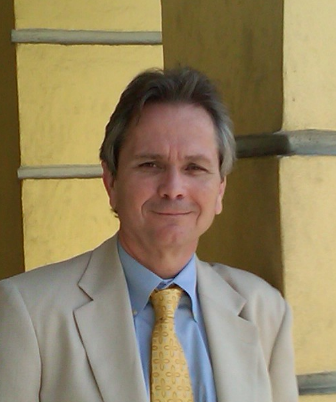
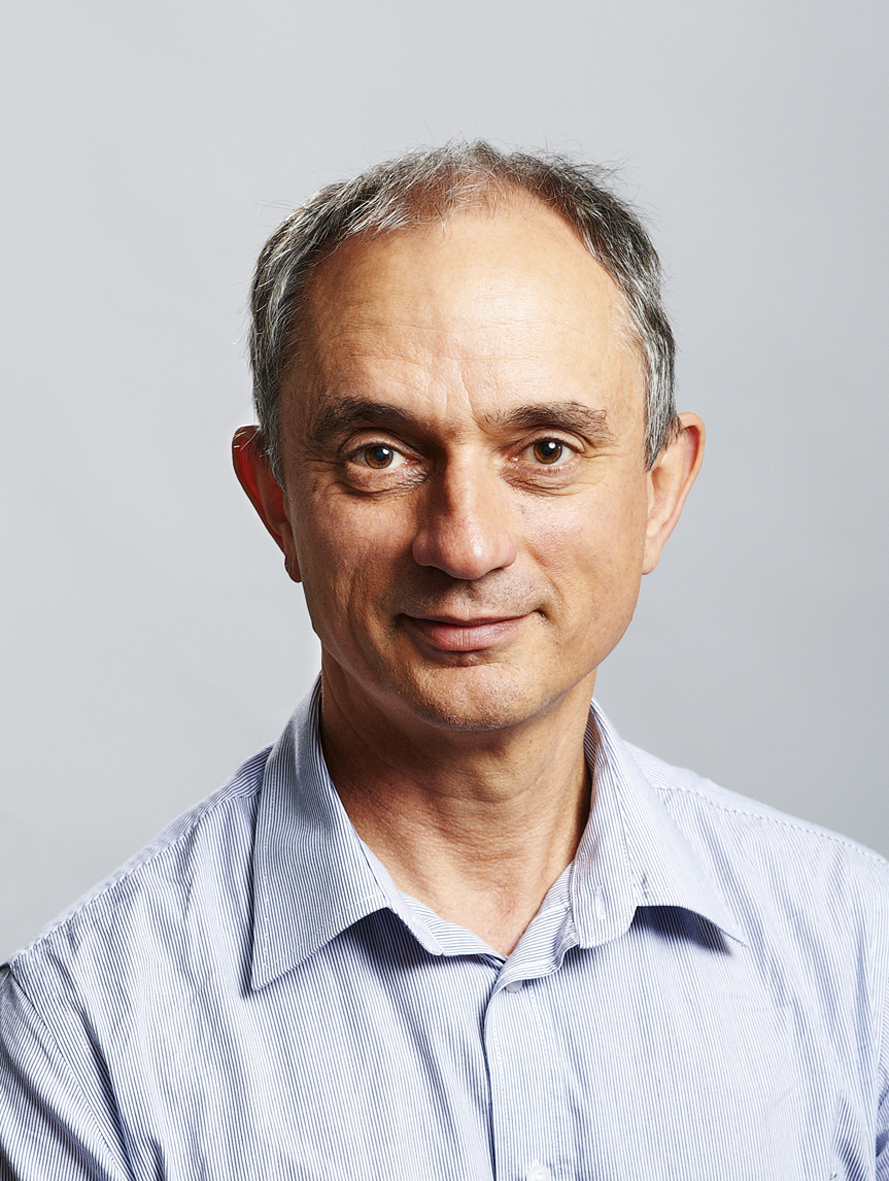 Professor of Marine Ecology and Conservation, Environmental and Conservation Sciences, Murdoch University, Western Australia
Professor of Marine Ecology and Conservation, Environmental and Conservation Sciences, Murdoch University, Western Australia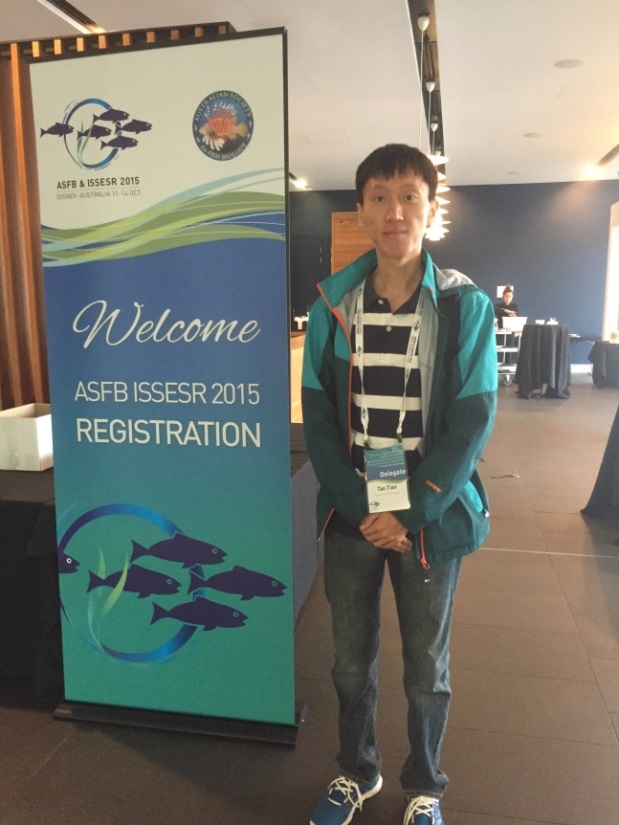
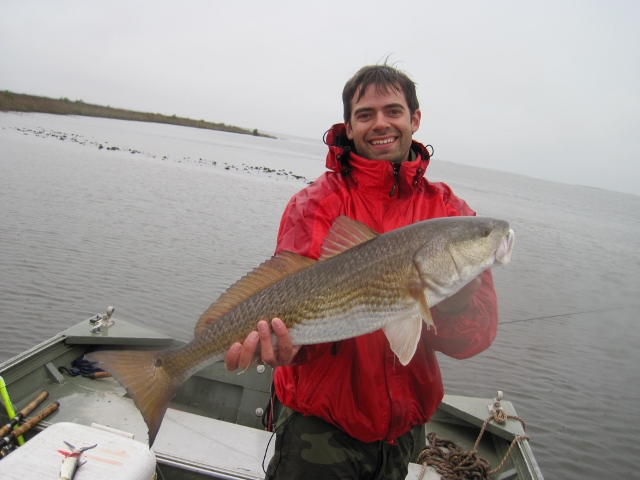 Dr. Ed Camp
Dr. Ed Camp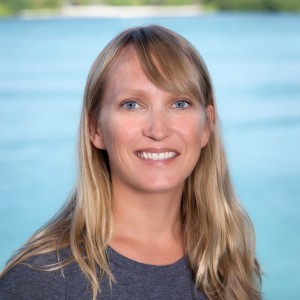 Dr. Erinn M., Muller
Dr. Erinn M., Muller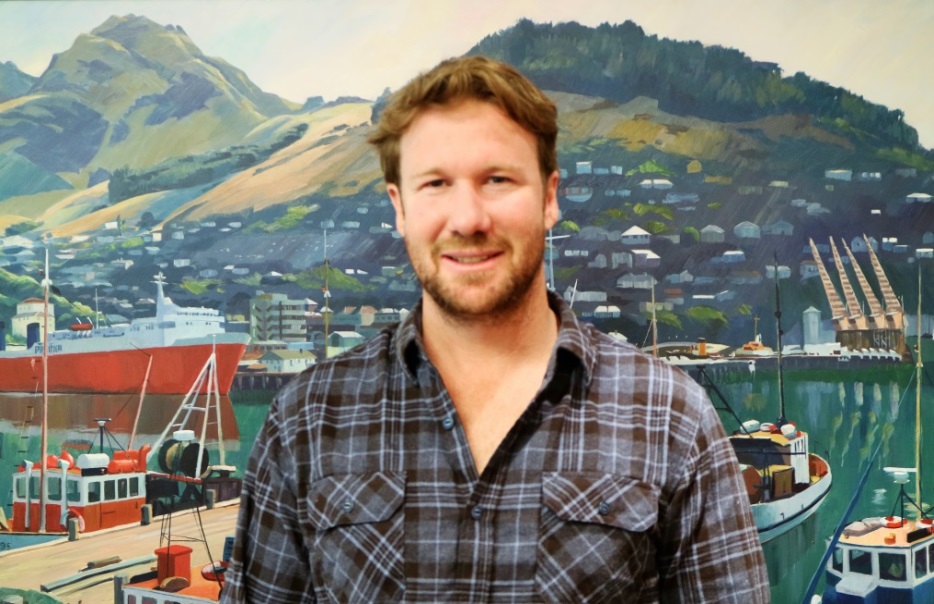 Dr. Tom McCowan (joint keynote with Jeremy Cooper)
Dr. Tom McCowan (joint keynote with Jeremy Cooper)